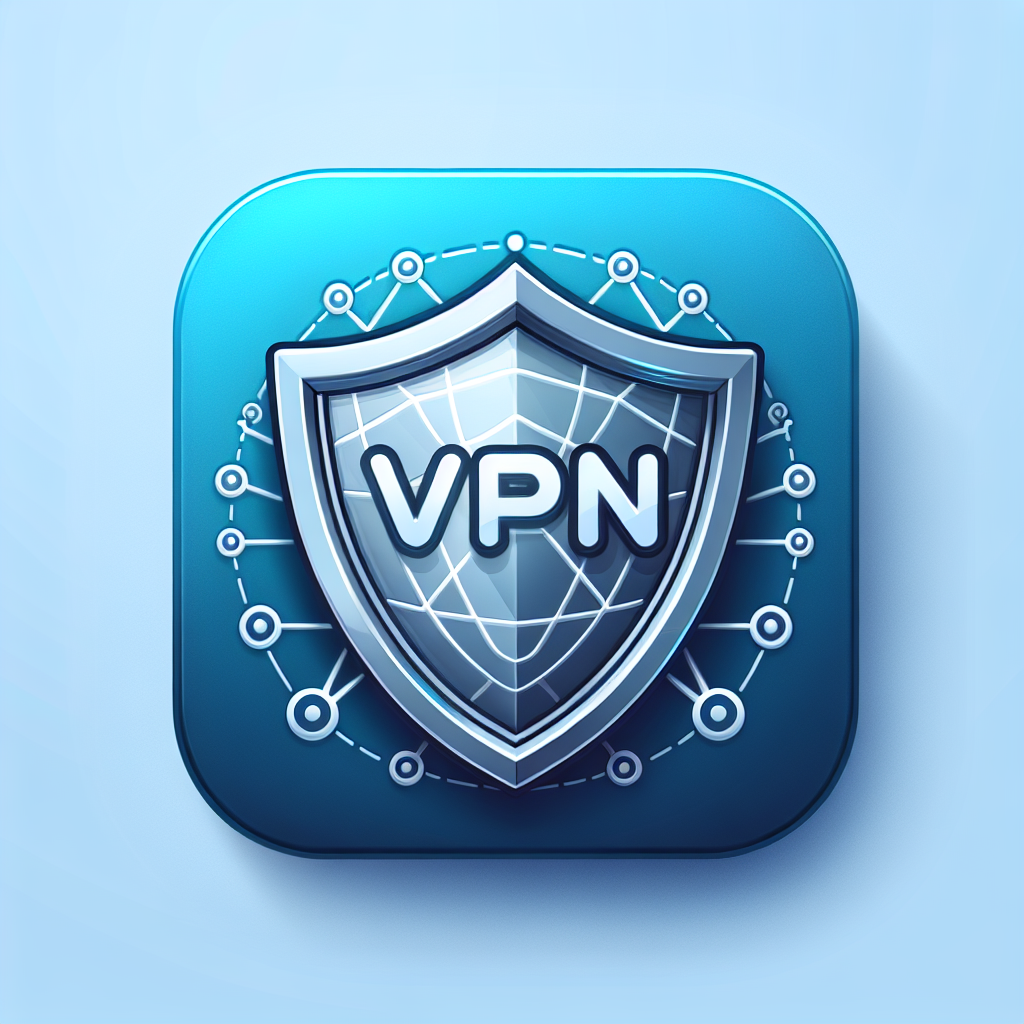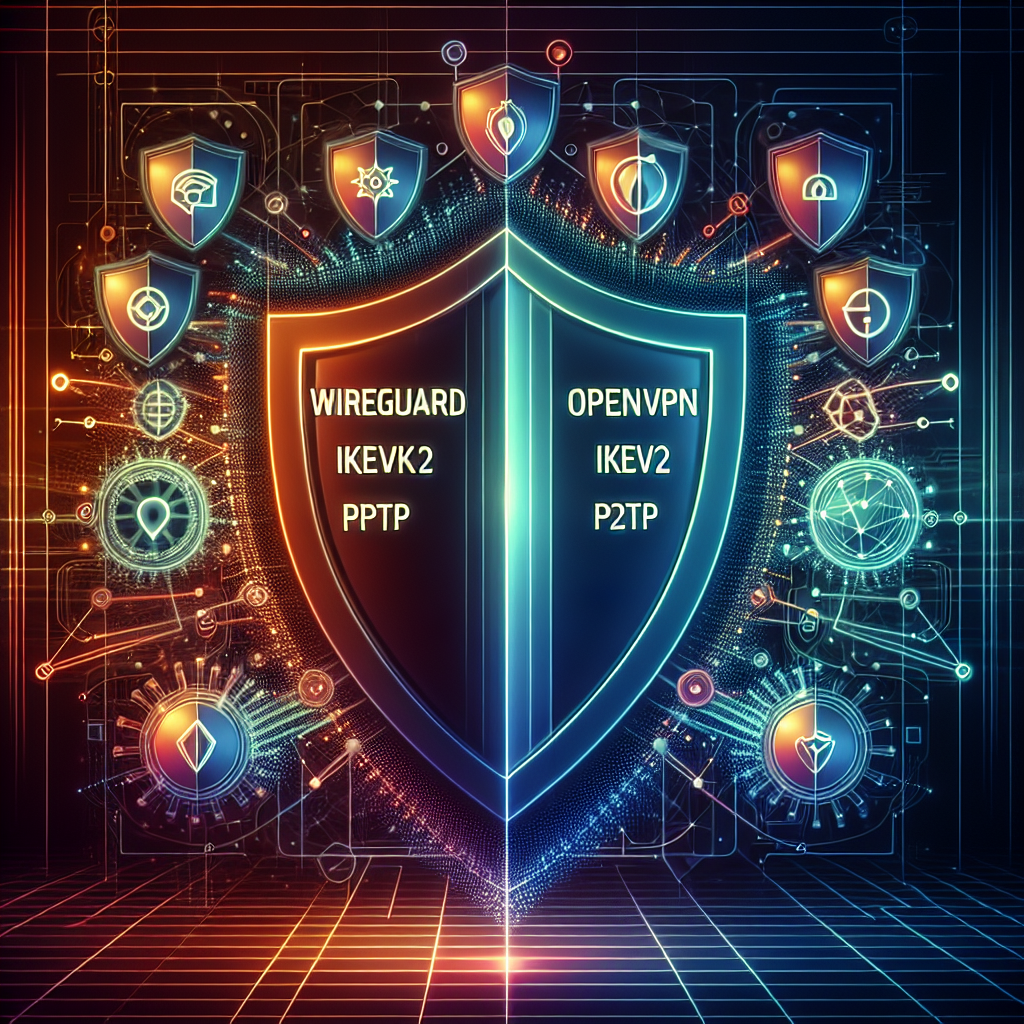VPN Protocols: Understanding VPN Shield
In today’s digital age, the importance of online privacy and security cannot be overstated. With the increasing number of cyber threats and data breaches, it’s essential to protect your online identity and sensitive information. This is where Virtual Private Networks (VPNs) come into play. VPNs encrypt your internet traffic and route it through a secure server, making it difficult for hackers and snoopers to intercept your data. However, not all VPN protocols are created equal. In this article, we’ll explore the different VPN protocols available and help you understand which one is right for you.
1. OpenVPN
OpenVPN is an open-source VPN protocol that uses SSL/TLS encryption to secure your internet traffic. It’s widely regarded as the most secure and versatile VPN protocol available. OpenVPN supports a wide range of platforms, including Windows, Mac, Linux, iOS, and Android. It also offers advanced features such as port forwarding, split tunneling, and dynamic IP addresses. OpenVPN is an excellent choice for users who prioritize security and flexibility.
2. L2TP/IPSec
L2TP/IPSec is a VPN protocol that combines the Layer 2 Tunneling Protocol (L2TP) and Internet Protocol Security (IPSec) to secure your internet traffic. L2TP/IPSec is a popular choice for users who want to connect to their workplace or school network securely. It offers strong encryption and supports a wide range of platforms, including Windows, Mac, iOS, and Android. However, L2TP/IPSec can be slower than other VPN protocols due to the additional encryption and decryption process.
3. SSTP
SSTP (Secure Socket Tunneling Protocol) is a VPN protocol developed by Microsoft. It’s designed to bypass firewalls and restrictions in countries with strict internet censorship laws. SSTP uses SSL/TLS encryption to secure your internet traffic and supports Windows operating systems. SSTP is an excellent choice for users who live or work in countries with restrictive internet policies.
4. PPTP
PPTP (Point-to-Point Tunneling Protocol) is an outdated VPN protocol that uses MPPE (Microsoft Point-to-Point Encryption) to secure your internet traffic. PPTP is no longer considered a secure VPN protocol due to its vulnerabilities to various cyber threats, such as brute-force attacks and man-in-the-middle attacks. We strongly recommend avoiding PPTP and opting for more secure VPN protocols.
5. WireGuard
WireGuard is a new and emerging VPN protocol that promises faster speeds, better security, and lower resource usage than traditional VPN protocols. WireGuard uses a simplified and more efficient encryption algorithm, making it faster and more lightweight than other VPN protocols. WireGuard is still in its early stages of development, but it’s gaining popularity due to its potential benefits.
Choosing the Right VPN Protocol
When choosing a VPN protocol, there are several factors to consider, such as security, speed, compatibility, and features. Here’s a breakdown of each VPN protocol’s strengths and weaknesses:
– OpenVPN: Strong security, versatile, supports a wide range of platforms, advanced features.
– L2TP/IPSec: Strong encryption, supports a wide range of platforms, suitable for workplace or school networks.
– SSTP: Designed to bypass firewalls and restrictions, supports Windows operating systems.
– PPTP: Outdated and vulnerable to cyber threats, avoid using.
– WireGuard: Faster speeds, better security, lower resource usage, still in development.
Conclusion
In conclusion, choosing the right VPN protocol is crucial to ensure your online privacy and security. OpenVPN is the most secure and versatile VPN protocol available, while L2TP/IPSec is suitable for workplace or school networks. SSTP is designed to bypass firewalls and restrictions, and WireGuard promises faster speeds, better security, and lower resource usage. However, it’s essential to avoid using outdated and vulnerable VPN protocols such as PPTP. By understanding the strengths and weaknesses of each VPN protocol, you can make an informed decision and choose the one that’s right for you. Remember, online privacy and security are essential, and a VPN is a crucial tool to protect your online identity and sensitive information.




